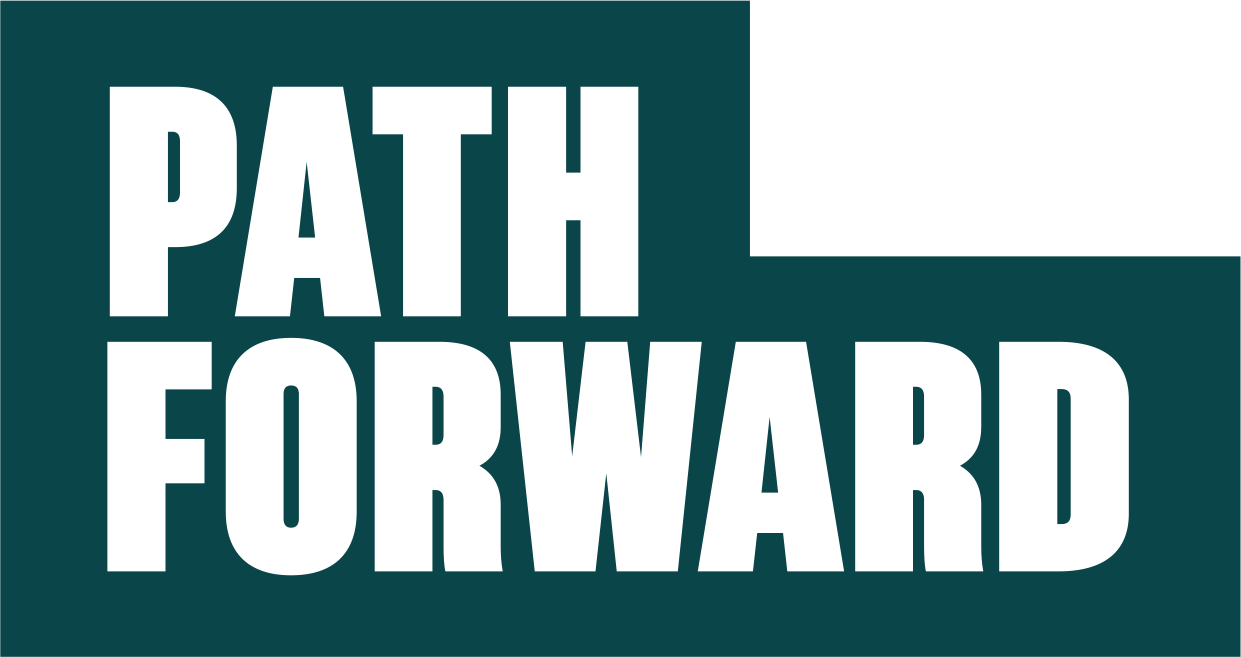HAVE WE OVERSOLD HAPPINESS IN THE WORKPLACE?
We have happiness sold to us every day in a hundred different ways. It’s sold to us by marketers who want us to associate our happiness with their products. It’s sold to us by self-help gurus and celebrities who want us to believe they have secrets that will help us unleash our inner happiness, live our best lives, shoot for the stars, and push anyone or anything out of the way in pursuit of our dreams. Happiness is essentially a ubiquitous and enormous industry. And why not? It’s a product everyone wants.
And happiness is branded and sold by employers as an achievable output of their dynamic workplace cultures and business models. “Working here will make you happier. You’ll find fulfillment in this work. This is where happy achievers come to make their dreams come true.”
And yet, surveys of levels of happiness in our country are at an all-time low. More people now describe themselves as “more unhappy” than as “more happy.” We also see that only about 30% of people describe themselves as significantly “engaged” in their work.
Of course, COVID has brought unhappiness to millions, but these survey results weren’t exactly jumping off the page before the pandemic either.
Right or wrong, I don’t think my parents and grandparents ever really thought about having a “happy” work experience. Perhaps they were further down Maslow’s Hierarchy of Needs. If I’d asked my father whether his work was helping him “self-actualize” he would have laughed. He generally seemed to like his work most of the time, but his primary pursuits were financial security, some level of social status, putting food on the table, and taking an occasional nice vacation. It was pretty tribal for him – work was his way of becoming part of a group that made him feel good about himself. For him, his sense of purpose and duty came from desires to achieve in the external world, and less in his internal and emotional world.
I feel bad for us now – our generations who’ve grown up being told that happiness is a product, available to those who have the “right” jobs or read the “right” blogs, or who use the “right” exercise equipment or who wear the “right” clothes. Now, we need to not only achieve the externals – education, salary, stability, financial security – we’re also expected to self-actualize and be happy. That’s a lot to ask of a job, an employer, and an employee. No wonder the formula isn’t working for most people.
